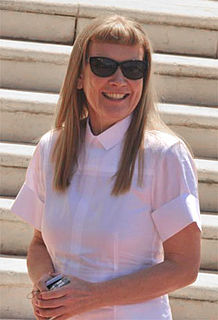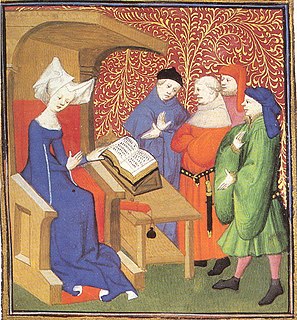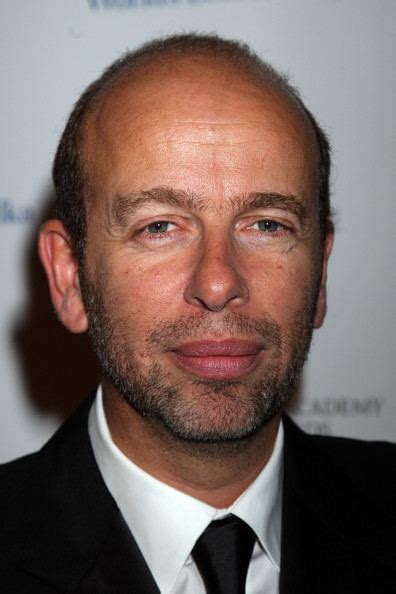A Quote by Philip Kitcher
I felt I should also contrast Visconti's treatment of the novella - usually damned by Mann fans (who typically respect Britten's more "faithful" adaptation). The Visconti film does many quite wonderful things, although there are good reasons for the condemnation.
Related Quotes
Mann was less interested, I think, in constructing any kind of "portrait of an age" than he was in delineating an individual consciousness in which profound struggles about identity and direction arise - struggles that Mann himself had not only reflected on but felt keenly. Visconti takes up this central focus of the novella, but he couples it with a more social perspective.
Britten's opera tends to see things in simpler terms. It portrays an Aschenbach who wants a richer form of sexual fulfillment, and who is hemmed in by the social conventions to which he subscribes. But Visconti's use of the Mahler Adagietto is perfect for what I take to be Aschenbach's sexual desire.
Sometime during the 1990s, when I was teaching philosophy at UCSD, my friend, colleague, and music teacher, Carol Plantamura, discussed the possibility of teaching a course together looking at ways in which various literary works (plays, stories, novels) had been treated as operas, and how different themes emerged in the opera and in its original. One of the pairings we planned to use was Mann's great novella and Britten's opera. Unfortunately, the course was never taught, but the idea remained with me.
I could never be a part of an adaptation of a film where there's pressure to not disappoint the immense fan base. In those cases, they often wind up with filmed books on tape, quite uncinematic. Having said that, I'd say all the adaptations I've done are quite faithful to the original... You have to pick and choose which storylines and plot threads, because you don't have the time to kill in the film as they have in novels. All those pages with detours and plots and different storylines. But films add a lot, and you gotta keep it moving.
The dream was to not only make a good-looking film that engaged, but also had the DNA of the show so the fans would love it and also as important had the opportunity to cross over out of the fans because of the price-point. You make a film that's 60 million dollars you can't just appeal to musical theater fans.



























